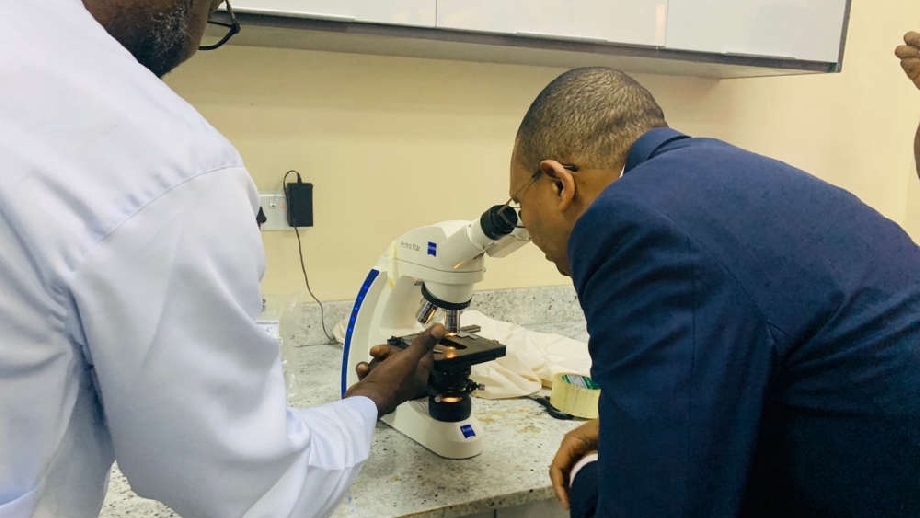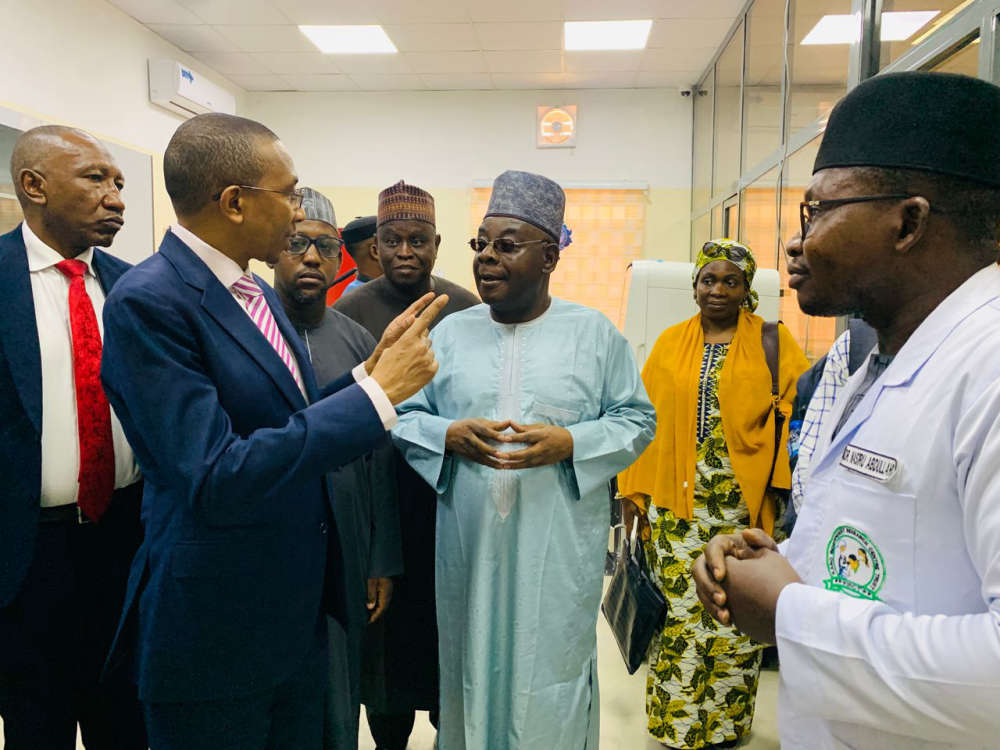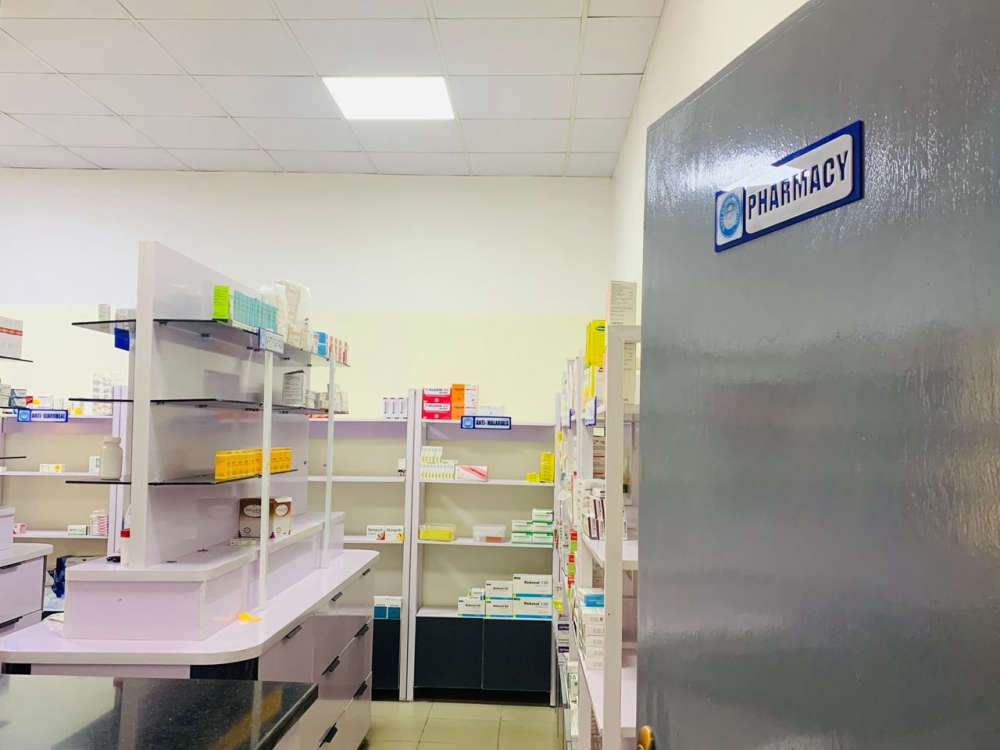
The Kano Independent Research Center Trust (KIRCT) is set to begin conducting breast cancer diagnostic tests locally, marking a significant milestone in the fight against cancer in Nigeria.
For years, patients in the country have had to rely on laboratories in the United Kingdom, Spain, and South Africa for advanced breast cancer testing, including genetic screening for BRCA1 and BRCA2 mutations.
BRCA1 and BRCA2 genetic screening is a powerful tool for identifying people at high risk for cancer. It helps individuals and healthcare providers make informed decisions about prevention, monitoring, and treatment.
This process often resulted in high costs and lengthy delays, sometimes stretching into weeks before results were available.
KIRCT’s upcoming launch of local testing services aims to change that, according to the Director-General, Prof. Hamisu Salihu.
With state-of-the-art diagnostic equipment already installed, the centre is preparing to commence operations in the coming weeks.
The DG said, “This is a transformative moment for healthcare in the country.
By localizing breast cancer testing, we are removing barriers to early detection and treatment, which are critical for improving patient outcomes.”
According to him, “the center’s new capacity is expected to significantly reduce turnaround time for results and make testing more affordable for patients.”
Prof. Salihu also said, “If we are the only people doing the genetic screening for breast cancer in Nigeria, I think it’s a good thing because all the money we will spend on this test will remain in Nigeria.”
KIRCT to Begin Local Production of IV Fluids, Boosting Healthcare Access in Northern Nigeria
Prof. Salihu also revealed that KIRCT plans to begin the local production of intravenous (IV) fluids, marking a major step toward improving medical supply chains and strengthening healthcare delivery in northern Nigeria.
Speaking during a meeting with the Presidential Initiative for Unlocking the Healthcare Value Chain (PVAC), Prof. Salihu said, “The initiative aims to reduce dependence on imported IV fluids and address frequent shortages in hospitals and clinics, especially in underserved areas.
By producing them locally, we can ensure consistent availability, lower costs, and enhance the overall resilience of our healthcare system.”
IV fluids are essential in the treatment of dehydration, infections, trauma, surgery, and other conditions requiring rehydration, electrolyte correction, or intravenous medication delivery.
KIRCT, PVAC Signed MoU
During the meeting, KIRCT and PVAC signed a Memorandum of Understanding (MoU) to make KIRCT a Regional Centre for clinical trials and basic research across Africa.

According to him, the centre has developed a Hausa chatbot that helps address language barriers between Hausa-speaking patients and doctors.
“The chatbot is a means of facilitating the encounter between a patient and a doctor where one is speaking English and the other speaks Hausa.
So the chatbot will be in between and at the end of the conversation, make a summary of everything and create an electronic medical record without the doctor writing anything,” he explained.
Prof. Salihu said the three-year MoU would focus more on clinical trials, saying they have the staff and the facilities to handle it.
Also speaking after inspecting the centre’s facilities, the PVAC National Coordinator, Dr Abdu Muktar, said he was impressed with the facilities at the centre, adding that they will make it the regional hub of clinical trials and basic research in Nigeria and beyond.
He described the Centre as “The best-kept secret in the Nigerian healthcare sector.”
Nigeria Targets 70% Local Production of Essential Medicines, Vaccines, and Health Products
Dr Muktar revealed that “the Federal Government is committed to producing 70% of the essential medicines, vaccines, and healthcare products used in the country by the year 2030.

The move, according to him, is part of a “broader national strategy to strengthen health security, reduce dependence on imports, and improve access to life-saving treatments.”
He said, “The plan prioritizes the development of pharmaceutical manufacturing infrastructure, regulatory reform, and investment in local research and innovation.
It aims to address long-standing challenges in Nigeria’s health supply chain, including frequent shortages, high import costs, and vulnerability to global disruptions.”
Dr Muktar, however, assured that PVAC is committed to mobilising financial resources to upscale the Centre to achieve its objectives.


